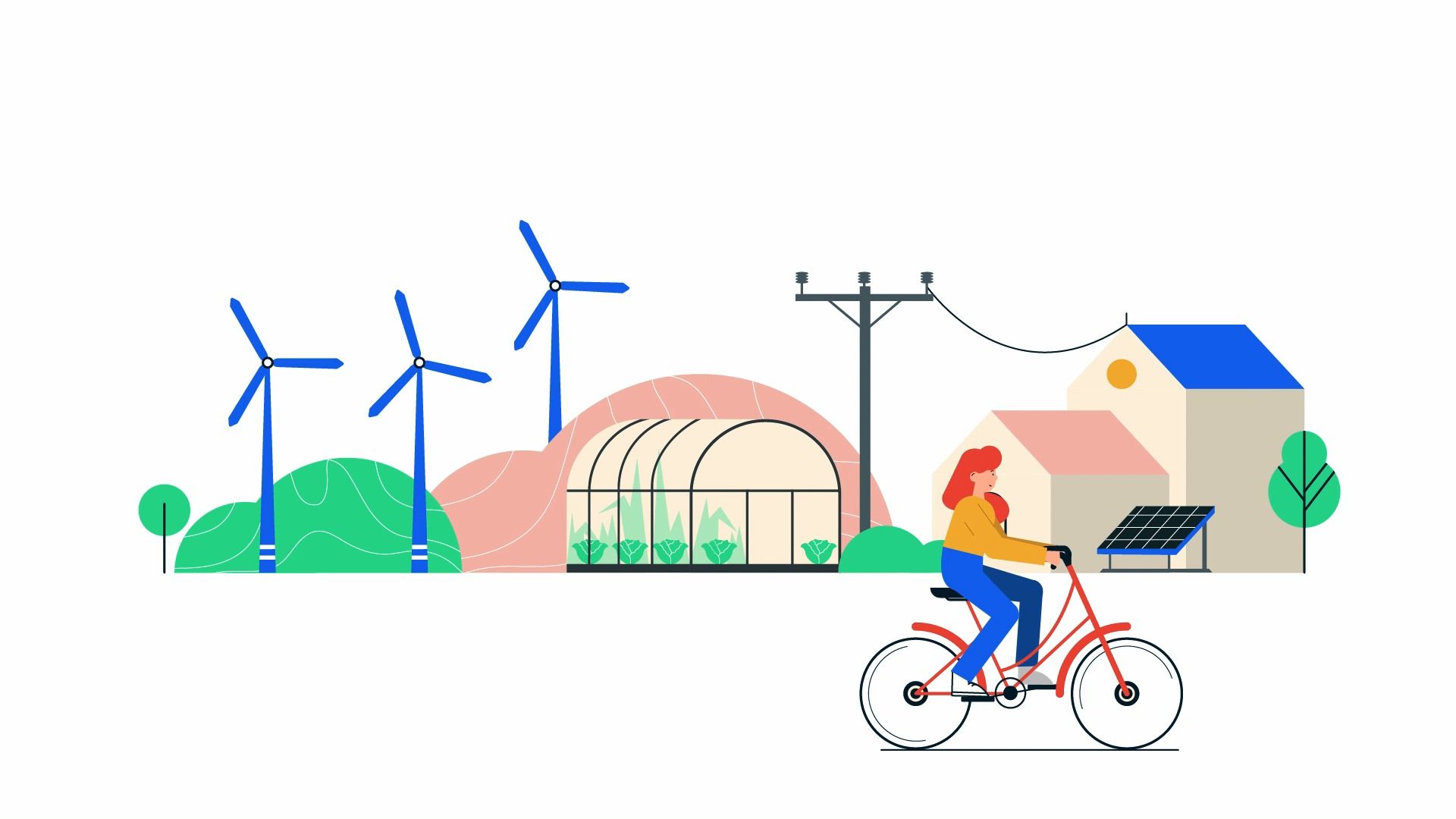
Greening Hydrogen - Big issues around a small molecule
This report is part of a project led by the Green European Foundation exploring what a climate emergency economy would look like through a rethinking of trade, industry and infrastructure investment.
Europe is heading towards the Green Age, an era defined by climate neutrality and the circular economy. There is broad agreement on the need for this transition, reflected by the global Paris Agreement, the European Green Deal, or COP26. The EU aims to be carbon-neutral by 2050. Decarbonising the production of an element like hydrogen is key to achieve such climate goals as this element is currently responsible for over 2% of total global CO2 emissions.
“ Europe should lead the way into the Green Age, but must take care that no one is left behind…”
Objectives
Introducing hydrogen to our energy and materials systems clearly raises several pressing questions that are of relevance to the work of Green parties in Europe. This report aims to give a brief overview of the most controversial issues surrounding hydrogen from a green perspective in order to facilitate debate on this matter.
This publication has been published by Green European Foundation in collaboration with the Wetenschappelijk Bureau GroenLinks.

This peice of work is part of project led by Green House Think Tank in the UK alongside green foundations in the Netherlands, Ireland, Bulgaria, Poland and Finland.





